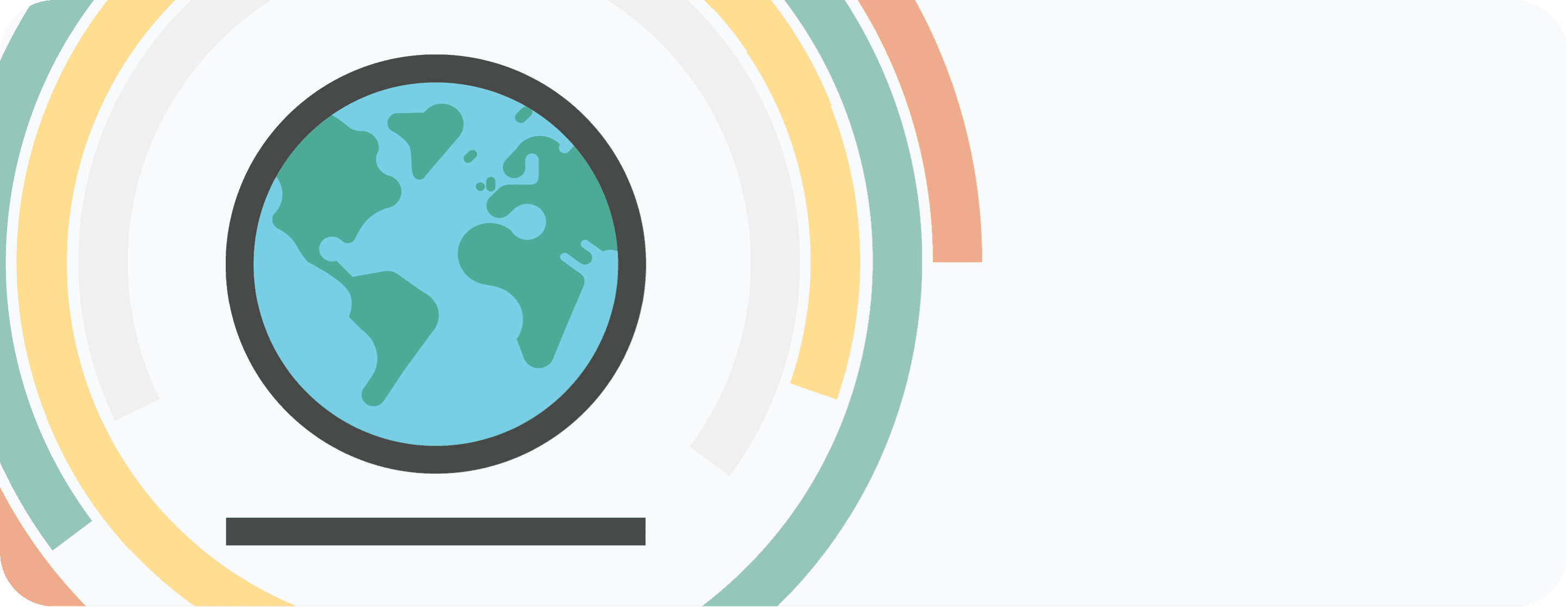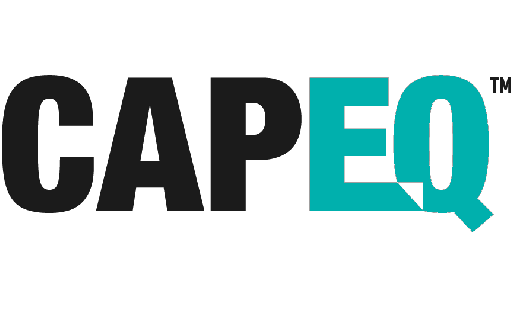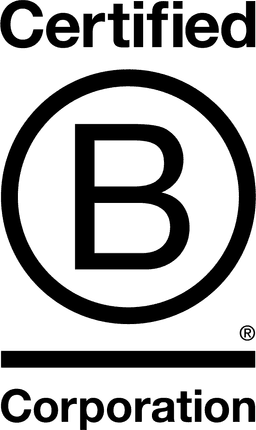

Cap Equity Advisors

1.6
West Berkshire, United Kingdom
November 2021
Other financial services
Service with Minor Environmental Footprint
Australia,
Belgium,
France,
Greece,
Ireland,
Lithuania,
Netherlands The,
Poland,
South Africa,
Spain,
Switzerland,
United Kingdom
CapEQ is Europe’s first B-Corp mergers & acquisitions advisor, specialising in helping business owners buy and sell companies and seek external investment. Established in London in 2020, CapEQ secured B-Corp accreditation by pioneering a digitally native transaction process to reduce unnecessary printing and speed up negotiations. All partners and employees provide honest advice to clients, and the firm advocates across its professional network for change in the world of corporate finance. As well as offering an employee profit-share scheme, CapEQ also donates to local charities and global environmental projects, supporting efforts to reforest areas of Africa, South America and the UK.
Overall B Impact Score
Governance 20.7
Governance evaluates a company's overall mission, engagement around its social/environmental impact, ethics, and transparency. This section also evaluates the ability of a company to protect their mission and formally consider stakeholders in decision making through their corporate structure (e.g. benefit corporation) or corporate governing documents.
What is this? A company with an Impact Business Model is intentionally designed to create a specific positive outcome for one of its stakeholders - such as workers, community, environment, or customers.
Workers 34.4
Workers evaluates a company’s contributions to its employees’ financial security, health & safety, wellness, career development, and engagement & satisfaction. In addition, this section recognizes business models designed to benefit workers, such as companies that are at least 40% owned by non-executive employees and those that have workforce development programs to support individuals with barriers to employment.
Community 32.3
Community evaluates a company’s engagement with and impact on the communities in which it operates, hires from, and sources from. Topics include diversity, equity & inclusion, economic impact, civic engagement, charitable giving, and supply chain management. In addition, this section recognizes business models that are designed to address specific community-oriented problems, such as poverty alleviation through fair trade sourcing or distribution via microenterprises, producer cooperative models, locally focused economic development, and formal charitable giving commitments.
Environment 10.8
Environment evaluates a company’s overall environmental management practices as well as its impact on the air, climate, water, land, and biodiversity. This includes the direct impact of a company’s operations and, when applicable its supply chain and distribution channels. This section also recognizes companies with environmentally innovative production processes and those that sell products or services that have a positive environmental impact. Some examples might include products and services that create renewable energy, reduce consumption or waste, conserve land or wildlife, provide less toxic alternatives to the market, or educate people about environmental problems.
Customers 4.1
Customers evaluates a company’s stewardship of its customers through the quality of its products and services, ethical marketing, data privacy and security, and feedback channels. In addition, this section recognizes products or services that are designed to address a particular social problem for or through its customers, such as health or educational products, arts & media products, serving underserved customers/clients, and services that improve the social impact of other businesses or organizations.